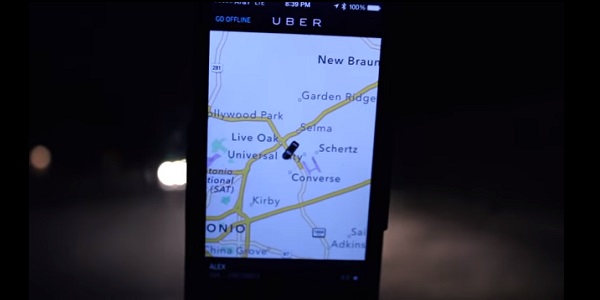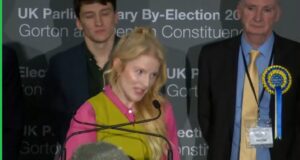THE PRIVATE TAXI FIRM Uber has lost the second round in its battle to avoid paying its drivers the full rate for the job – and the company now intends to appeal to the Court of Appeal and, if necessary, the Supreme Court.
UK employment law puts many requirements on employers, including paying the national minimum wage and giving their workers paid holidays and pensions. Uber had argued that its drivers were self-employed, so the company was not required to pay these benefits. This method of operating reduced Uber’s costs, allowing it to make higher profits and making the company’s operation appear cheaper than competitor taxis.
However, Uber’s theory was recently tested in the courts. Two Uber drivers, James Farrar and Yaseen Aslam, took the company to an Employment Tribunal last year – and it was here that the first ruling that drivers were workers, not self-employed, was handed down. Uber appealed the judgement – and today the Employment Appeal Tribunal announced that it had rejected the appeal and upheld the original ruling.
It is this decision which Uber intends to refer to the Court of Appeal. The legal process is potentially costly – but the rewards are huge. If Uber has to treat its drivers fairly, it will lose its competitive advantage, possibly to the point where it will have to cease operating.
This is not the first setback that Uber has faced as it tries to cut corners with its operating model. A number of members of the GMB trade union also have a case going through the UK Courts. Transport for London recently suspended its right to operate in the capital on grounds that the company does not do enough to protect the safety of passengers – a second headache for its UK operation. In other countries, Uber has struggled to overcome legal challenges and objections from regulatory bodies too.
Uber has lost the latest battle – but the war is far from over.
•Read more about it:
Energy for the many, not just the few
Interest rate rise: good or bad news for East Enders?
[Adverts]
 East London News A Force for the community…
East London News A Force for the community…




